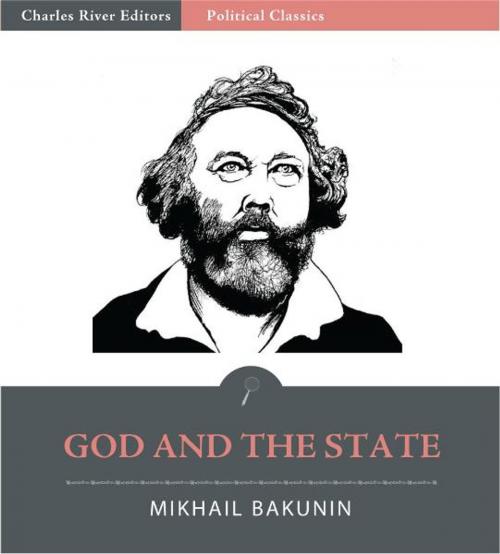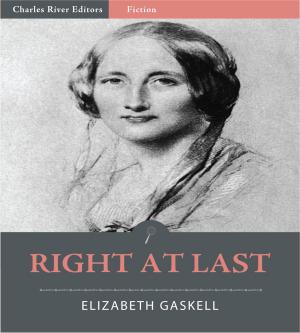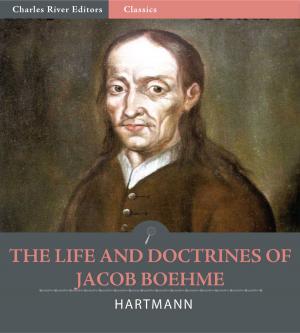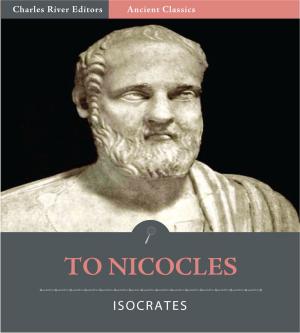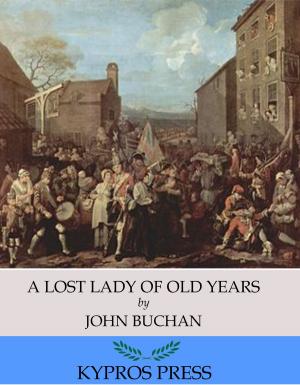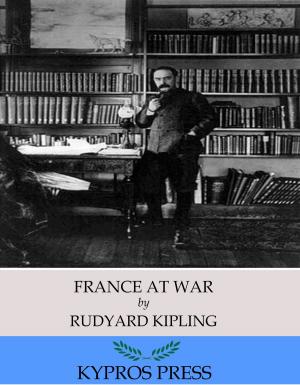God and the State (Illustrated Edition)
Nonfiction, History, European General, Social & Cultural Studies, Political Science, Politics, History & Theory| Author: | Mikhail Bakunin | ISBN: | 9781619821330 |
| Publisher: | Charles River Editors | Publication: | January 16, 2012 |
| Imprint: | Language: | English |
| Author: | Mikhail Bakunin |
| ISBN: | 9781619821330 |
| Publisher: | Charles River Editors |
| Publication: | January 16, 2012 |
| Imprint: | |
| Language: | English |
Mikhail Alexandrovich Bakunin (18141 July 1876) was a well-known Russian revolutionary and theorist of collectivist anarchism. He has also often been called the father of anarchist theory in general. Bakunin grew up near Moscow, where he moved to study philosophy and began to read the French Encyclopedists, leading to enthusiasm for the philosophy of Fichte. From Fichte, Bakunin went on to immerse himself in the works of Hegel, the most influential thinker among German intellectuals at the time. That led to his wholehearted embrace of Hegelianism, as he became bedazzled by Hegel's famous maxim; "Everything that exists is rational". In 1840 Bakunin traveled to St. Petersburgh and Berlin, preparing himself for a professorship in philosophy or history at the University of Moscow. God and the State was written between February and March 1871. It was originally written as Part II of a greater work that was going to be called The Knouto-Germanic Empire and the Social Revolution. Part I was to deal with the background of the Franco-Prussian War and a general history of European resistance to imperialism. God and the State, like most of Bakunin's work, is unfinished and disjointed. This is not surprising, especially since none of Bakunin's written work is in fact complete. When Bakunin was criticized on this he said, "My life is a fragment." God and the State is indeed a fragment; the book has paragraphs that drop out and pick up in mid-sentence, footnotes that are four or five paragraphs long, and the book itself stops abruptly in mid-sentence. This edition of God and the State is specially formatted with a Table of Contents and pictures of Bakunin.
Mikhail Alexandrovich Bakunin (18141 July 1876) was a well-known Russian revolutionary and theorist of collectivist anarchism. He has also often been called the father of anarchist theory in general. Bakunin grew up near Moscow, where he moved to study philosophy and began to read the French Encyclopedists, leading to enthusiasm for the philosophy of Fichte. From Fichte, Bakunin went on to immerse himself in the works of Hegel, the most influential thinker among German intellectuals at the time. That led to his wholehearted embrace of Hegelianism, as he became bedazzled by Hegel's famous maxim; "Everything that exists is rational". In 1840 Bakunin traveled to St. Petersburgh and Berlin, preparing himself for a professorship in philosophy or history at the University of Moscow. God and the State was written between February and March 1871. It was originally written as Part II of a greater work that was going to be called The Knouto-Germanic Empire and the Social Revolution. Part I was to deal with the background of the Franco-Prussian War and a general history of European resistance to imperialism. God and the State, like most of Bakunin's work, is unfinished and disjointed. This is not surprising, especially since none of Bakunin's written work is in fact complete. When Bakunin was criticized on this he said, "My life is a fragment." God and the State is indeed a fragment; the book has paragraphs that drop out and pick up in mid-sentence, footnotes that are four or five paragraphs long, and the book itself stops abruptly in mid-sentence. This edition of God and the State is specially formatted with a Table of Contents and pictures of Bakunin.
